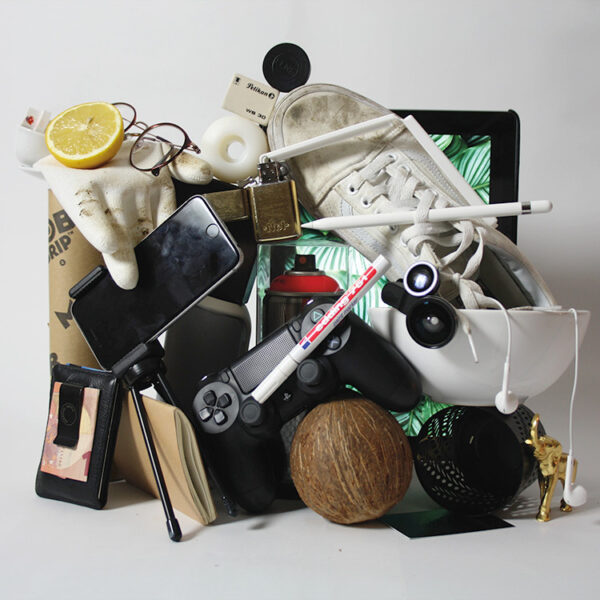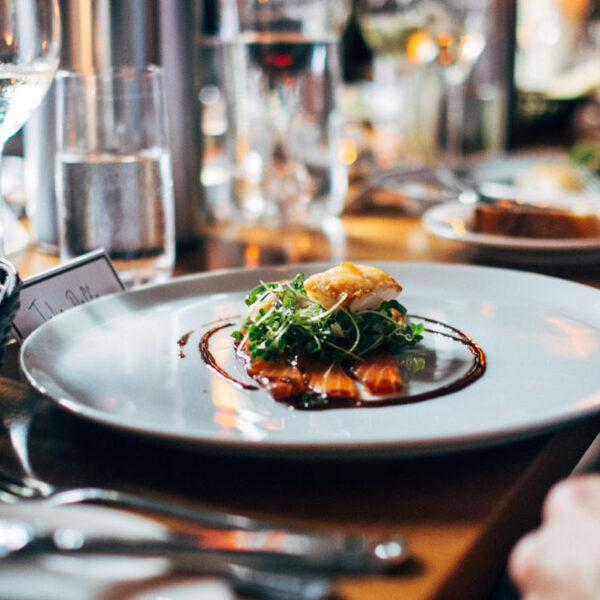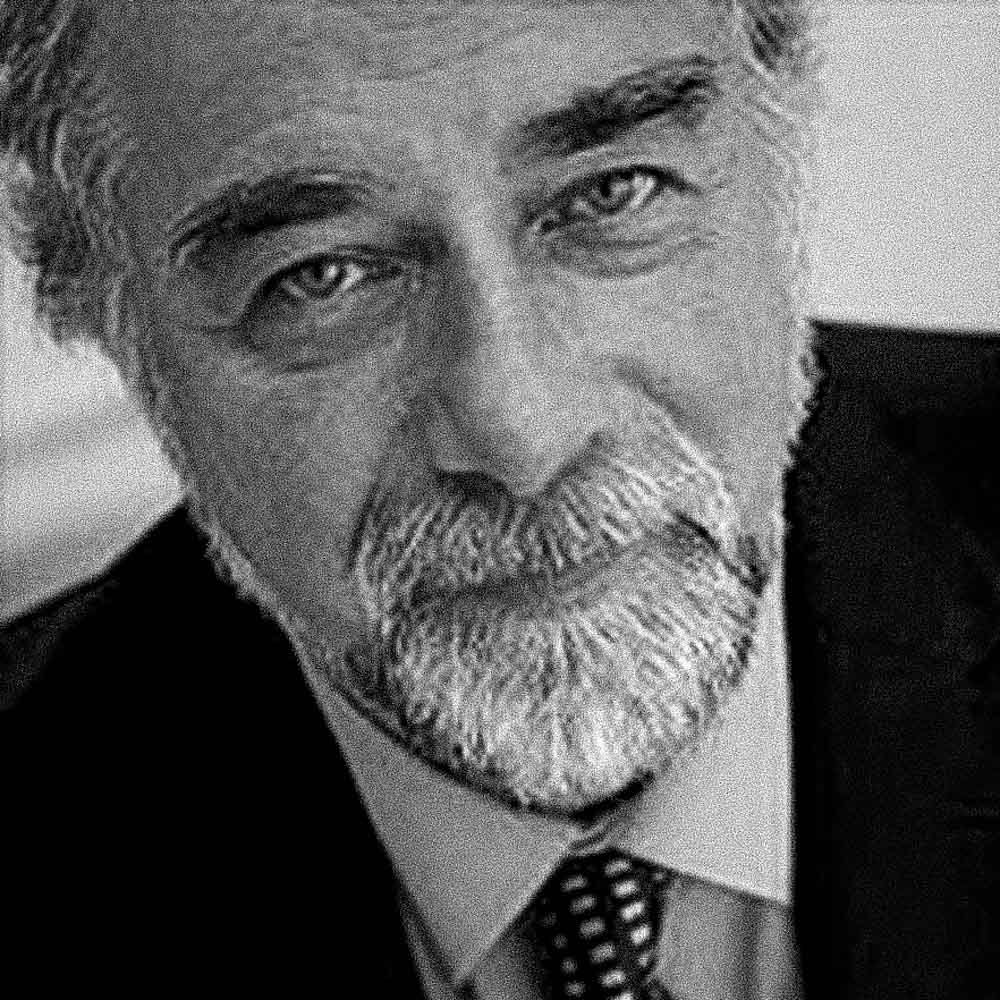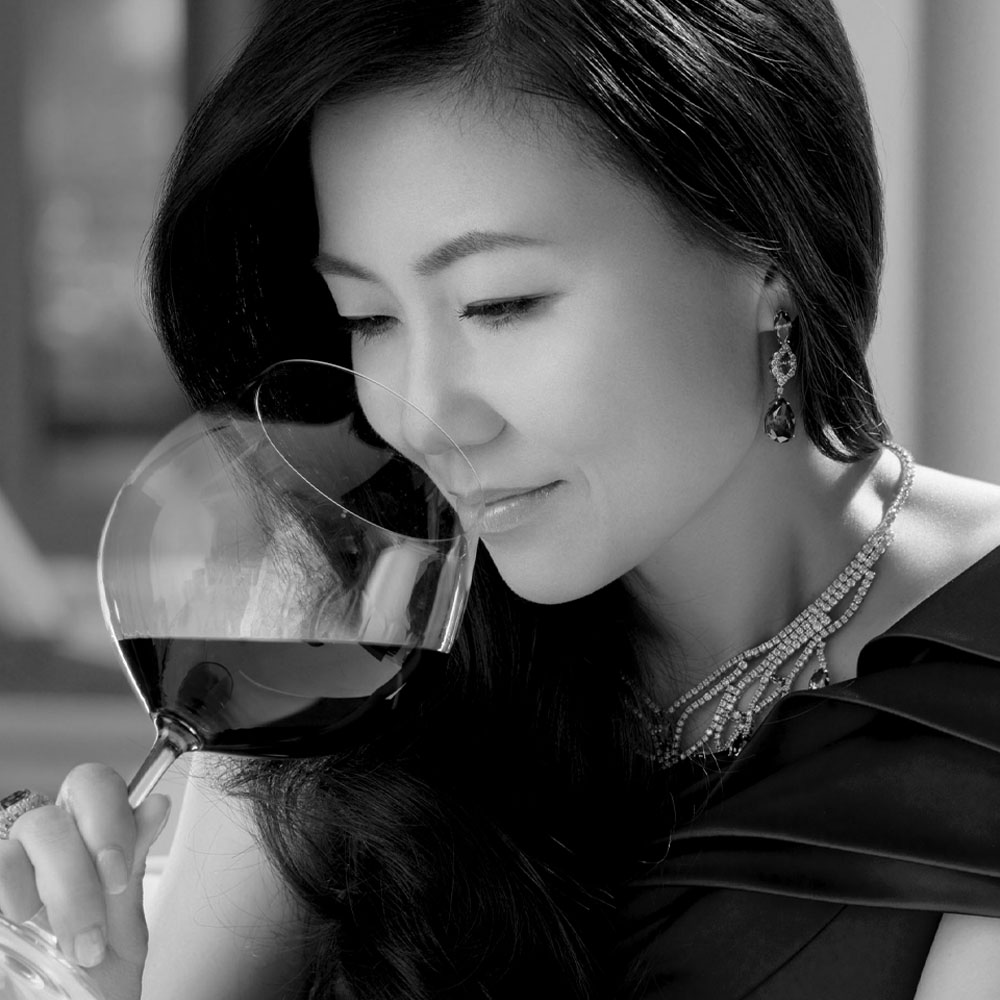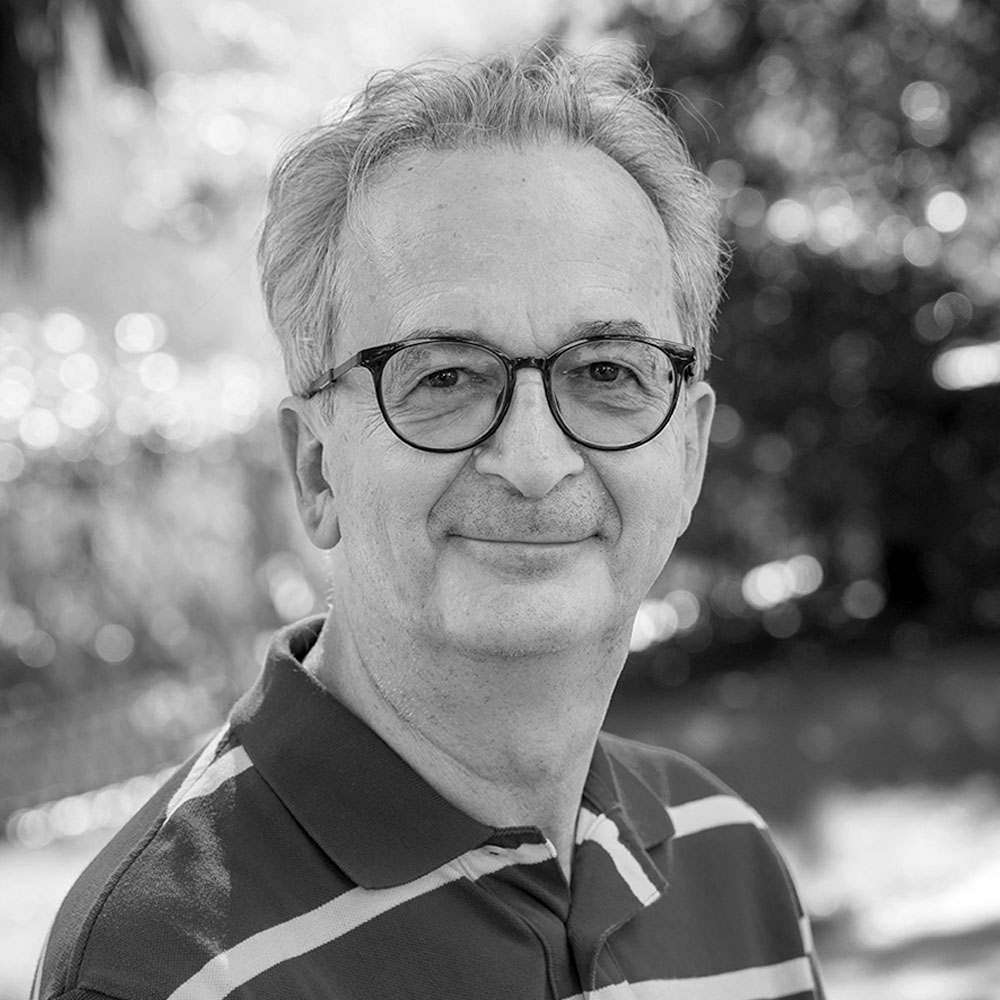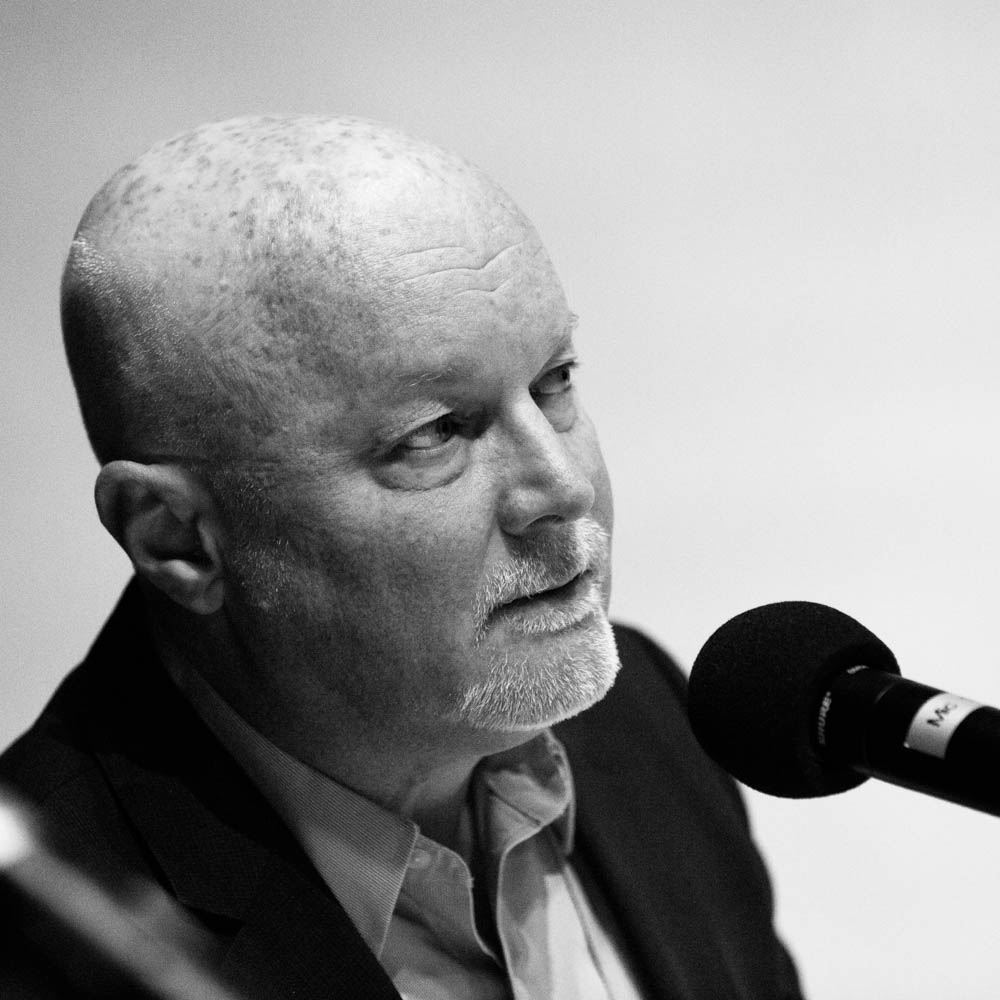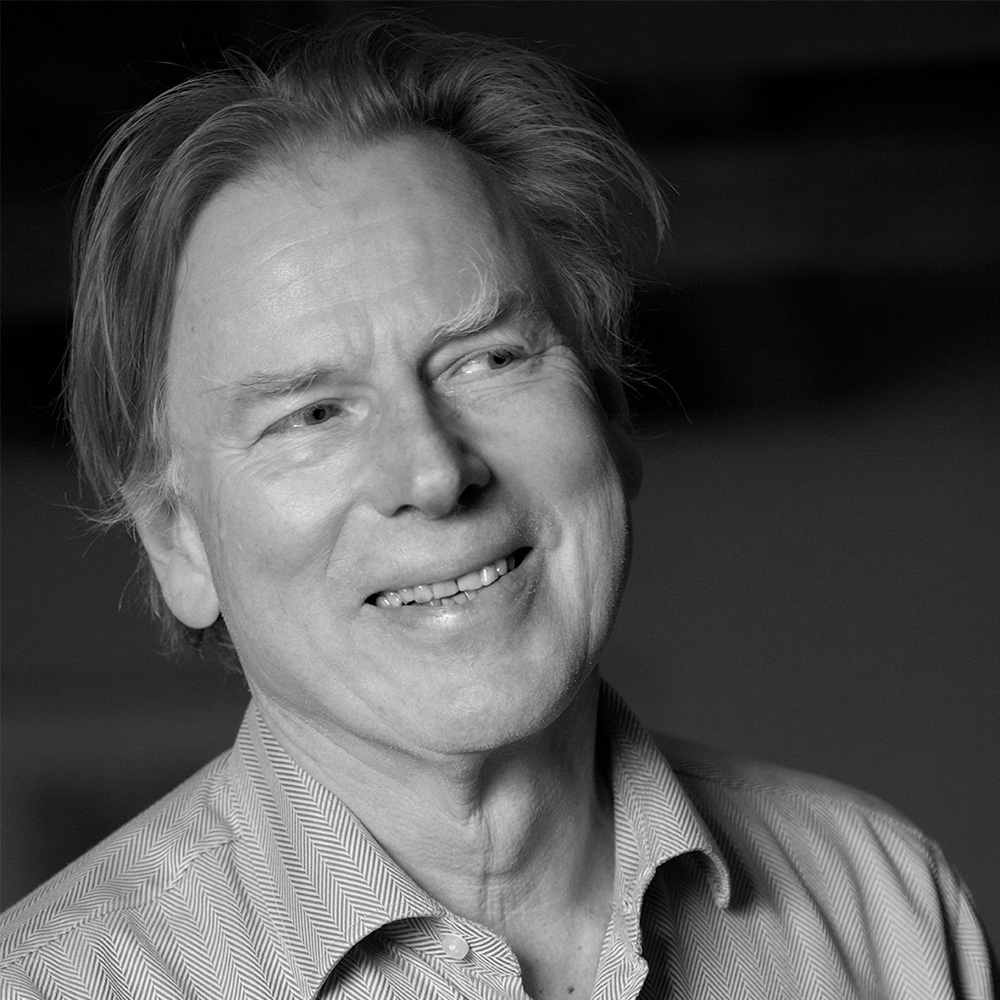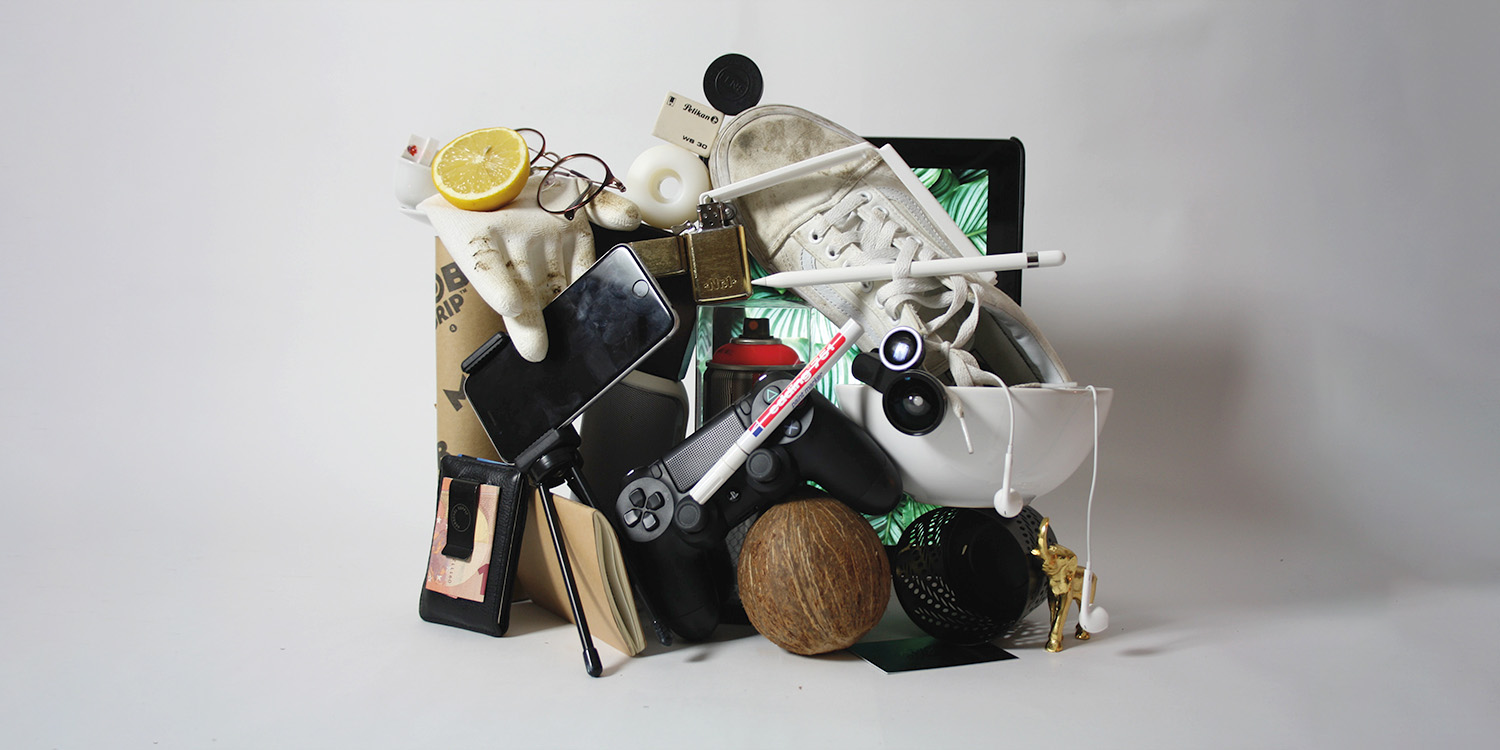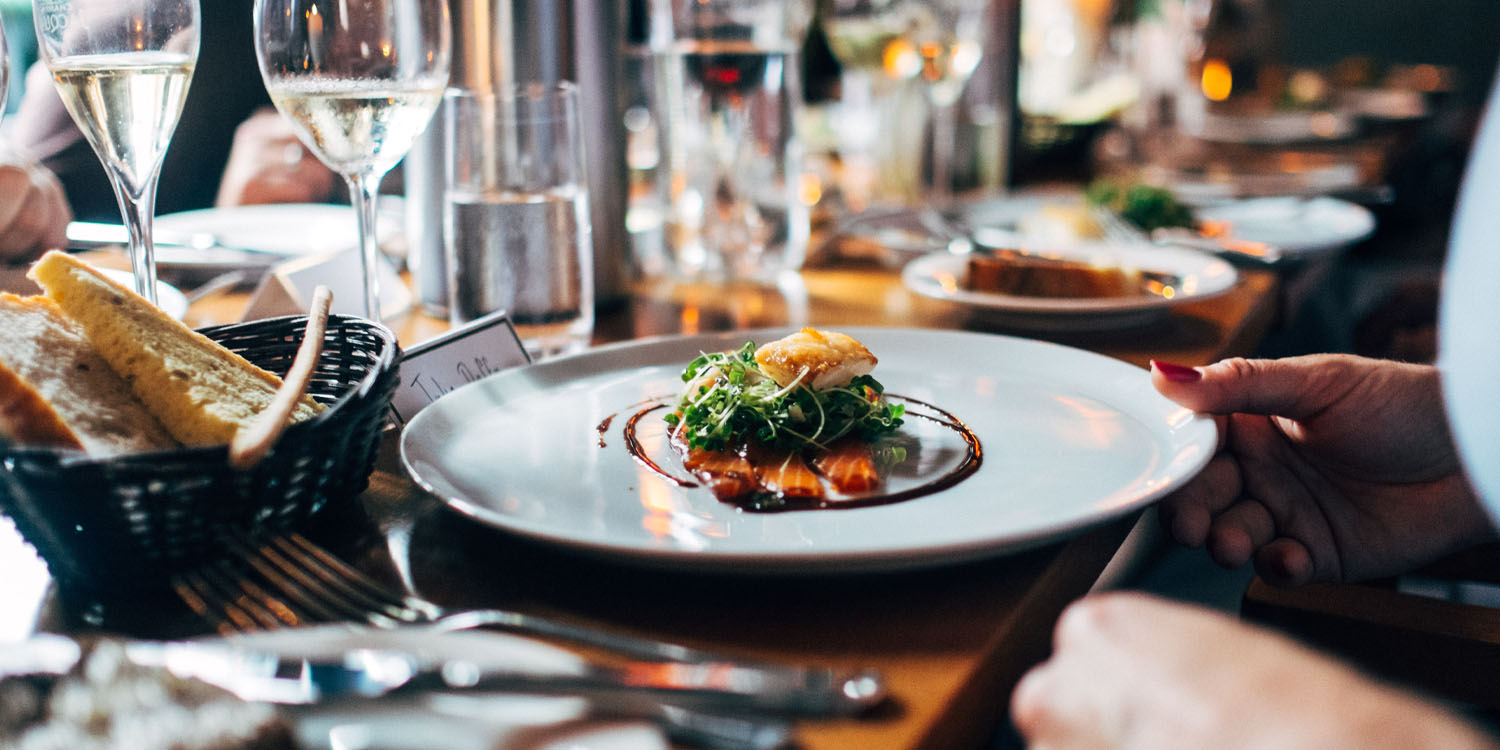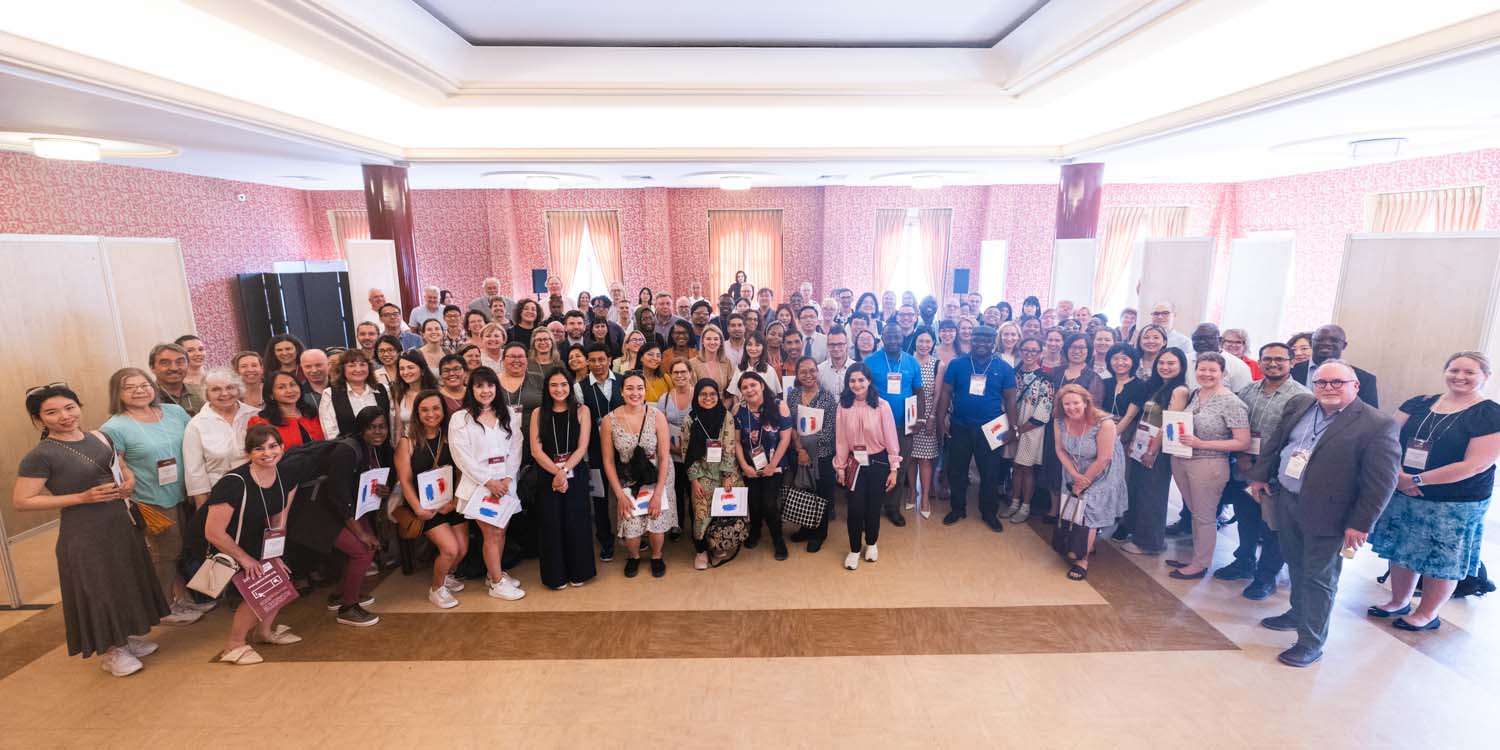
June 16-19, 2023 | La Maison de la Chimie, Paris, France
The 2nd Paris Conference on Education (PCE2023) and The 2nd Paris Conference on the Arts & Humanities (PCAH2023) were held between June 16-19 at the Maison de la Chimie in Paris. These concurrent conferences illuminated the intricate nexus between Education and Arts & Humanities, providing attendees a vibrant forum to delve into the pedagogical intricacies and the rich tapestry of human expression and understanding.
Reinforcing The International Academic Forum (IAFOR)'s commitment to the advancement of international, intercultural and interdisciplinary study, teaching and research, the iconic city brought together more than 400 delegates from 66 countries.
Speakers
-
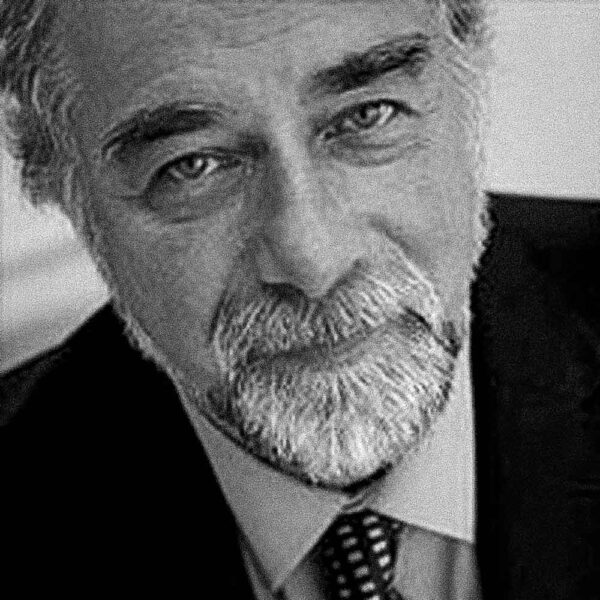 Bruce BrownRoyal College of Art, United Kingdom
Bruce BrownRoyal College of Art, United Kingdom -
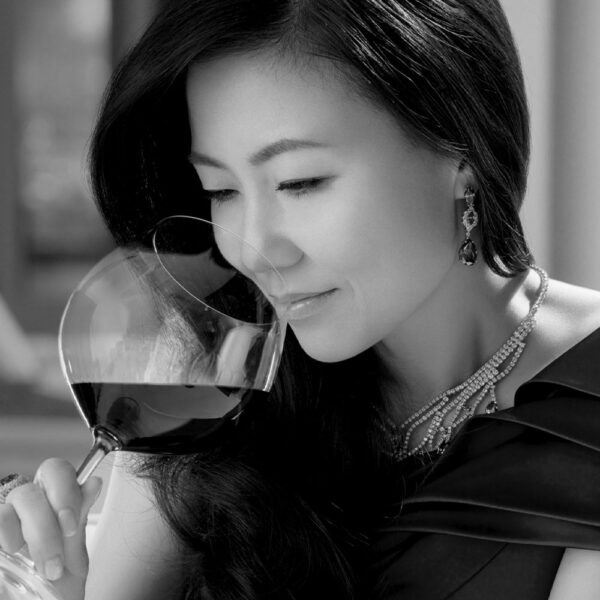 Jeannie Cho LeeHong Kong Polytechnic University, Hong Kong
Jeannie Cho LeeHong Kong Polytechnic University, Hong Kong -
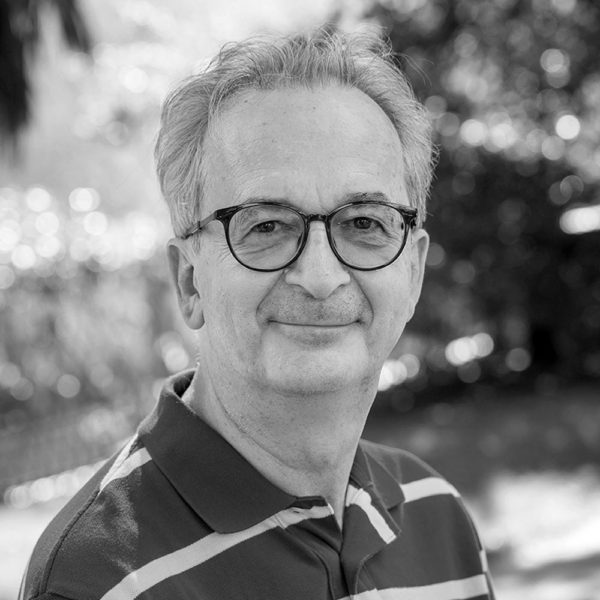 Georges DepeyrotFrench National Center for Scientific Research (CNRS), France
Georges DepeyrotFrench National Center for Scientific Research (CNRS), France -
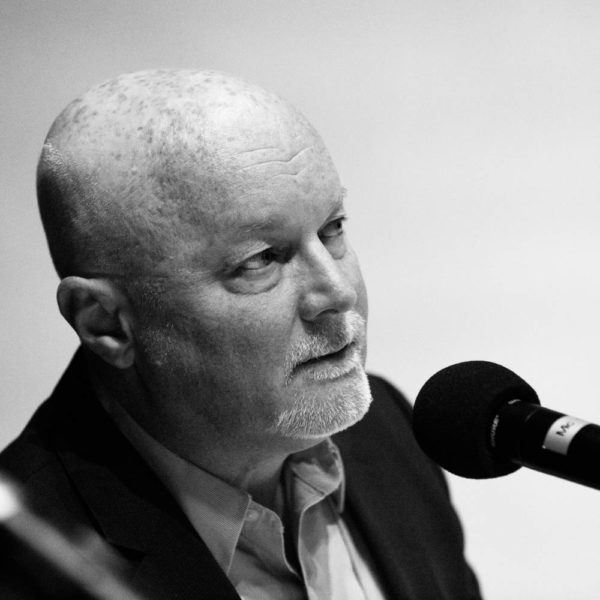 Donald E. HallBinghamton University, United States
Donald E. HallBinghamton University, United States -
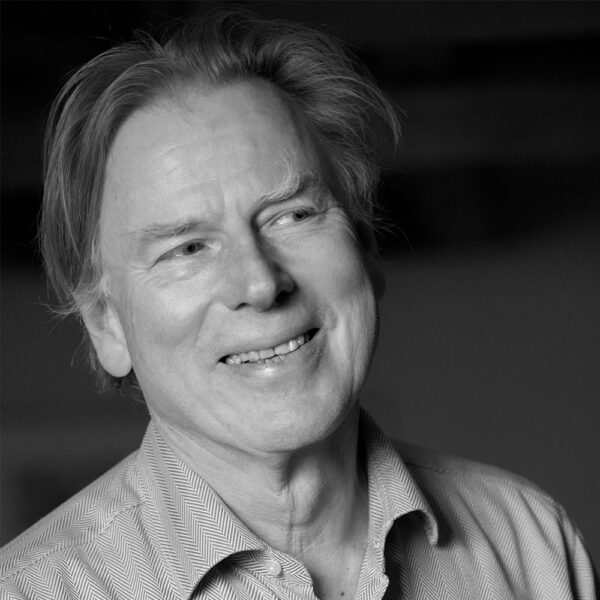 Jasper MorrisInside Burgundy, United Kingdom
Jasper MorrisInside Burgundy, United Kingdom -
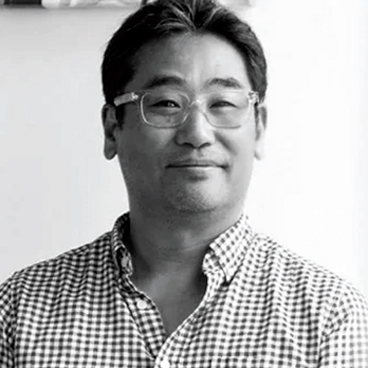 Daisuke UtagawaDaikaya, United States
Daisuke UtagawaDaikaya, United States

